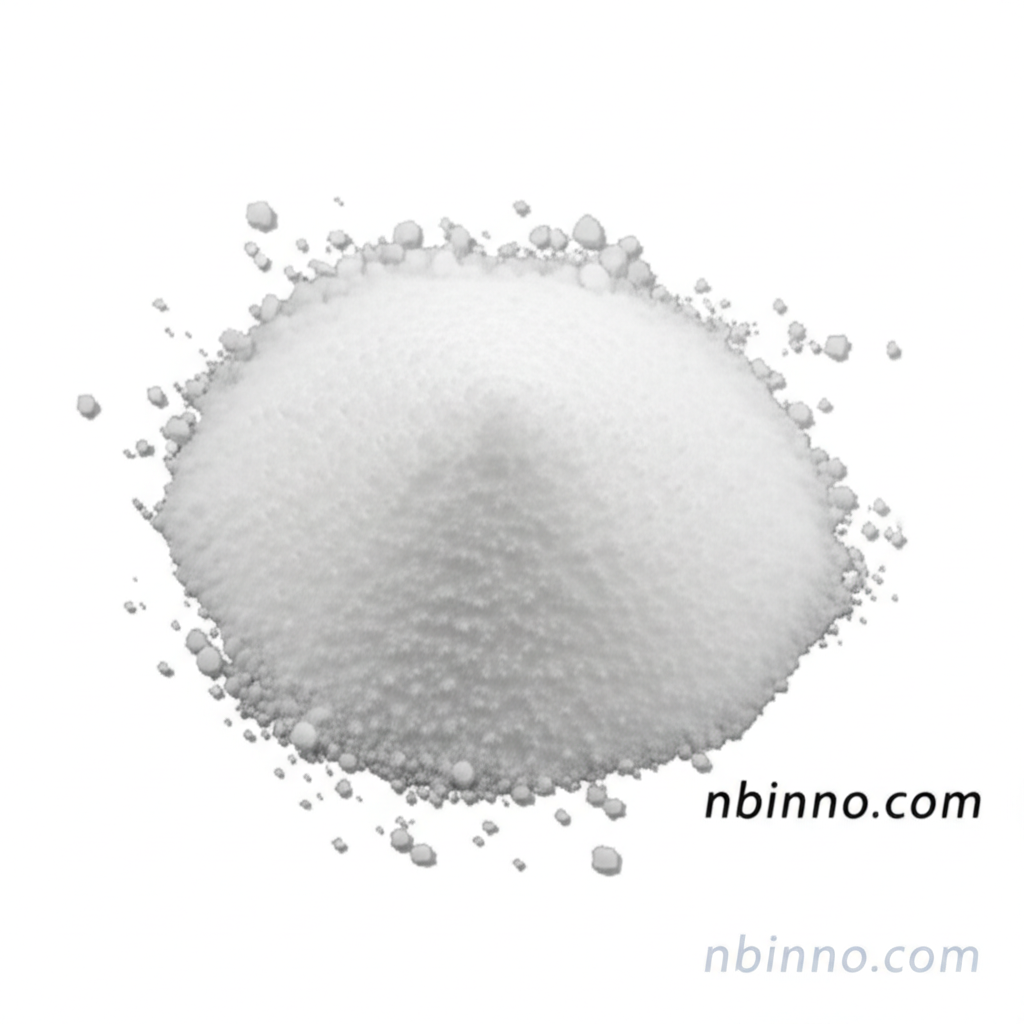2,6-Difluorobenzonitrile: A Key Intermediate in Pharmaceutical and Agrochemical Synthesis
Explore the properties, applications, and synthesis of this vital fluorinated compound.
Get a Quote & SampleProduct Core Value

2,6-Difluorobenzonitrile
2,6-Difluorobenzonitrile (CAS 1897-52-5) is a crucial halogenated benzonitrile with documented fungacidal activity. It serves as a difluoro analog to the herbicide Dichlobenil, highlighting its significance in agricultural chemical synthesis. Its unique chemical structure makes it a valuable building block in organic synthesis, facilitating the creation of complex molecules essential for the pharmaceutical and agrochemical industries.
- Leveraging 2,6-Difluorobenzonitrile pharmaceutical intermediate capabilities allows for the development of novel drug candidates.
- The compound's role in agrochemical synthesis is vital for creating effective crop protection solutions, particularly as a difluoro analogue of Dichlobenil.
- Understanding the CAS 1897-52-5 properties is key for optimizing its use in various chemical reactions and applications.
- Its application in organic synthesis as a versatile building block contributes to the advancement of chemical research and development.
Advantages it Brings
Versatile Chemical Intermediate
The compound's reactivity makes it a key intermediate in organic synthesis, supporting diverse chemical transformations.
Fungicidal and Herbicidal Properties
Its inherent fungicidal activity and its role as a difluoro analogue of Dichlobenil highlight its importance in agrochemical applications.
Facilitates Pharmaceutical Development
As a pharmaceutical intermediate, it aids in the synthesis of drug candidates, contributing to advancements in medicinal chemistry.
Key Applications
Pharmaceutical Synthesis
Utilized as a building block in the synthesis of various pharmaceutical compounds, contributing to drug discovery and development.
Agrochemical Synthesis
Plays a crucial role in the creation of pesticides and herbicides, supporting crop protection and agricultural productivity.
Organic Synthesis
Serves as a versatile intermediate in a wide array of organic reactions, enabling the synthesis of complex molecular structures.
Chemical Research
Employed in laboratories for research purposes, studying its properties and exploring new synthetic pathways and applications.
